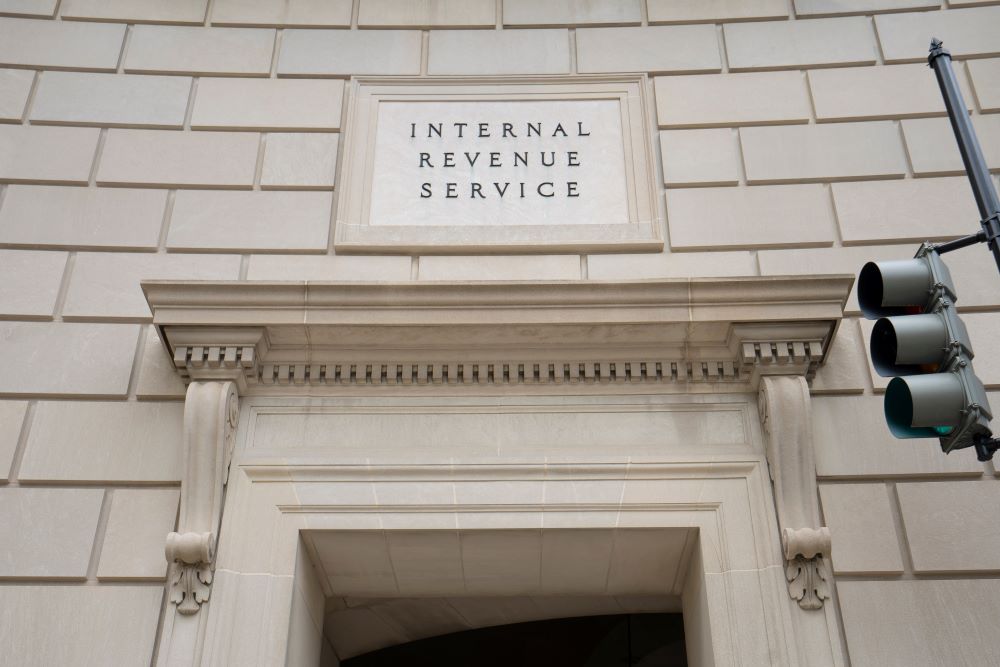
September 8, 2023

Over the past few years, Congress has passed various legislation designed to make it easier to participate in and save money in an employer sponsored retirement plan. The growing retirement savings gap has long been an issue the government has been working to address. Efforts to change retirement savings started with the SECURE Act of 2019 and mostly recently included additional reforms that culminated in the SECURE Act 2.0. The latter included many changes designed to encourage employers to start workplace plans and to make it easier for workers to participate. Many of the updates are significant and are scheduled to become effective over a 5-year period.
Unfortunately, the volume of changes has sometimes left employers confused about how to implement many of the changes appropriately. Specifically, many plans are confused about how to implement Section 603 – the new Roth catch-up contribution rules that apply to an employee that participates in a 401(k), 403(b), or 457(b) plan with wages over $145,000. The IRS recently issued, Notice 2023-62 which offers much needed clarification. To help clients, prospects, and others, Wilson Lewis has provided a summary of the key details below.
When lawmakers wrote about catch-up contributions in the SECURE Act 2.0, some interpreted the update to mean that catch-up contributions would not long be permitted. For a change that scheduled to take effect next year, this may have already caused confusion or shifts in strategy for some taxpayers and plan sponsors.
The guidance published last month addresses the issue, stating that higher-income participants who contribute to 401(k) plans and other retirement plans need to have catch-up contributions designated as after-tax Roth contributions. This requirement takes effect in 2024 but will be part of an administrative transition period until 2026 to aid in a smooth transition into the new rule.
In 2024, employees who participate in 401(k), 401(b), or governmental 457(b) plans who are considered higher income, defined by the IRS has having Social Security wages that exceeded $145,000 in the prior year, will be required to categorize catch-up contributions as after-tax Roth contributions.
This rule change doesn’t mean that plan participants can’t make catch-up contributions. Whatever the income amount, employees can make contributions after 2023 if they are 50 or older. The difference is how these contributions need to be designated.
Traditional 401(k) accounts mean that participants defer their taxes until retirement. If people contributing to a retirement plan expect to be in a lower tax bracket, this can be a beneficial move. Having to make catch-up contributions on a Roth basis means that employees are paying taxes on retirement savings during the years when they may have greater earnings. While taxpayers can withdraw the money in retirement tax-free, this may change the strategy for how these contributions are leveraged,
The new guidance was part of a list of proposed changes outlined in an open letter from Congressional leaders to Secretary of the Treasury, Janet Yellen, and IRS Commissioner, David Werfel. The letter also included a proposed fix that clears up current language on RMDs, which, without attention, would have required RMDs to be taken for people born in 1959 – 73 and 75, instead of only 75 as intended.
More guidance is coming, including for previously self-employed individuals and former government employees, multi-employer plans, and a few other conditions. The initial guidance is also currently open to public comments, which can be sent electronically by searching for the notice “IRS-2023-0039” on regulations.gov and entering feedback, or by mail.
While the open letter states an intention to correct technical errors, and revised guidance is coming out, the full array of changes does not have a timetable or proposed extensions for compliance deadlines. This recent notice that provides a two-year transitional period may be indicative of other changes to come.
The recently issued guidance provides important details for Atlanta plan sponsors confused about how to manage catch up contributions. If you have questions about the information outlined above or need assistance with your next plan audit, Wilson Lewis can help. For additional information call 770-476-1004 or click here to contact us. We look forward to speaking with you soon.